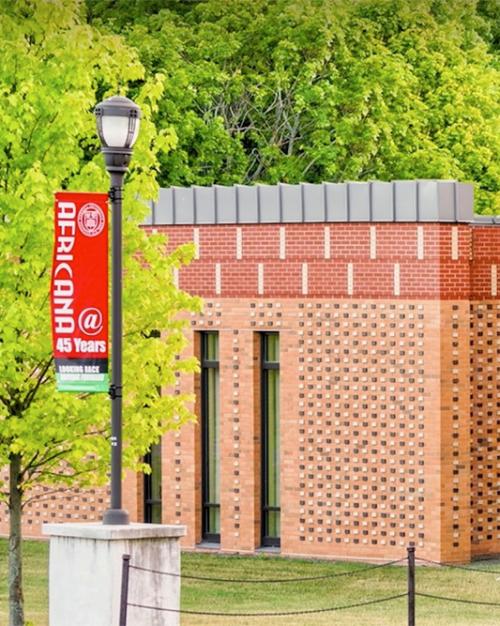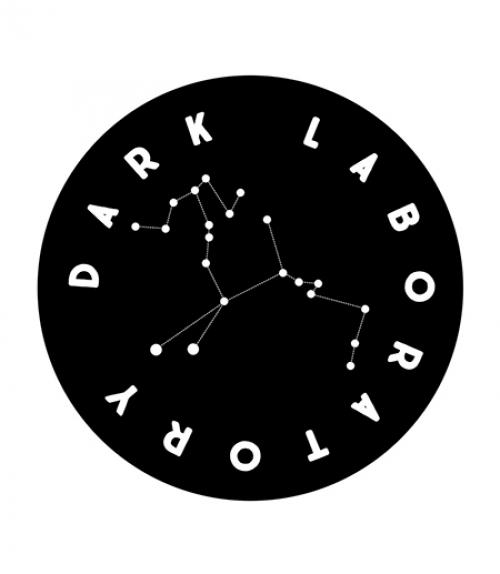Dark Laboratory, a “humanities incubator” for digital storytelling with a special focus on Black and Indigenous voices, launched its first podcast episode, a crossover with the podcast “Get Free” by laboratory co-founder Tao Leigh Goffe, on Oct. 26.
Produced by Hollywood composer David Gonzalez with theme music performed and produced by College of Arts and Sciences student and steelpan artist Justin Lowe ’23, the podcast is available from Apple Podcasts, Spotify, and Soundcloud.
The debut episode narrates a drive around Cayuga Lake with Dark Laboratory co-founders Goffe, assistant professor of Africana Studies and Feminist, Gender and Sexuality Studies; and Jeffrey Palmer, assistant professor of Performing and Media Arts, both in the College of Arts and Sciences.
“In a speculative mode, we discuss thousands of years of Cayuga life and the landscape of abolition in upstate New York, from the Underground Railroad to Seneca Falls to enslaved burial grounds to the Montezuma National Wildlife Refuge to Harriet Tubman’s house in Auburn, New York,” Goffe said in the episode trailer.
The first episode visits three points around the perimeter of Cayuga Lake related to the history of indigenous people:
· the farmlands south of Aurora, on the eastern shore;
· signage marking an Indigenous village near Aurora known as Peach Town, or Chonodote, which was destroyed by the American army in 1779; and
· Cayuga Castle, the site of a major village of the Cayuga Nation and the nearby Indian burial mound.
In the episode, Goffe and Palmer discuss local histories fraught with racial violence and tension and how colonial language present on historical markers erected by New York State only tells one side of the story, the victor’s.
“There’s quite a bit of terminology that has always been used to describe indigenous people of this space, most of them being wrong,” said Palmer, whose films tell Native Americans’ untold stories. “In my work, I try to be as specific to the tribal group as I can.”
The second episode will cover the continuation of the drive around Cayuga Lake, touching on the Montezuma Wildlife Reserve, Seneca Falls, the Cayuga Nation, Taughannock Falls, and Cornell University.
The third episode will move to New York City, looking to the Lenape and Munsee presence in the Cornell Tech campus at Roosevelt Island and also giving a walking tour of Wall Street, including the African Burial Ground National Monument and Wickquasgeck Trail—the pathway which is now Broadway in Manhattan.
A theme of the podcast is “speculative geography,” a term Goffe has coined to explain an archive practice in which “the reader does not trespass the bounds of the historical archive, but determines what may have taken place based on the evidence that does exist,” Goffe said. “As such, with what is missing, the gaps in the archive we are imagining the grounds of African and Native burial in the environs of Cayuga Lake.”
The mission of Dark Laboratory, which launched with a virtual block party Oct. 12, is to give people, especially Black and Indigenous people, community and digital platforms to tell their stories.
The project received a grant from the Society for the Humanities’ Rural Humanities initiative; the theme this academic year is “Rural Black Lives” and the Atkinson Center for Sustainability.





